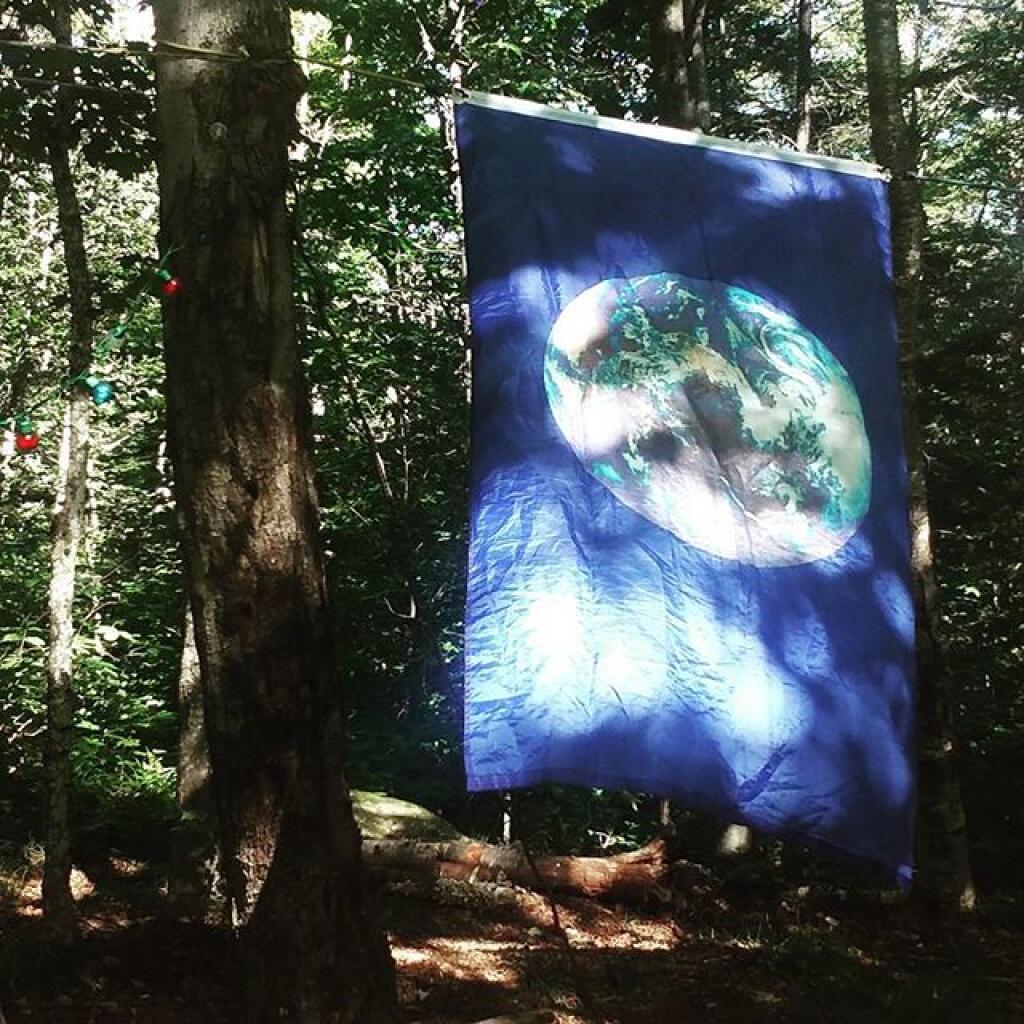After The Water: Flash Floods Pose Existential Threat To Towns Across U.S. : NPR
Climate Change
Refrigerants and Climate Change
One big thing that the US is doing to reduce climate emissions is replacing the refrigerants that are major greenhouse gases (HFC) with HFO-1234y and so called natural refrigerants like propane and carbon dioxide. Many new cars use HFO-1234y in their air conditioner, it’s a big part of complying for with the carbon emissions standards implemented for cars during the Obama administration.
But outside of the HVAC and automotive engineering industry, virtually nobody knows this. Yet it’s not particularly controversial and as such the politicians don’t talk about it. It doesn’t require any action by consumers – a refrigerator that cools using CFC, HCFC, HFC or HFO-1234y works exactly the same – just some refrigerants destroy the ozone layer, others cause climate change. And others like HFO-1234y, Carbon Dioxide or Propane have a modest to almost zero impact on the climate when emitted into the atmosphere.
study | Utility Dive
California just got sobering news that despite its nation-leading renewables build, it may be a century late in achieving its ambitious climate goals.
The shift to renewables allowed California to meet its 2020 mandate to reduce its greenhouse gas (GHG) emissions to 1990 levels four years early, accoring to an Oct. 8 Next 10 report. But the state's GHG reduction rate must be three times faster to get to the next target of 40% below 1990 levels by 2030, Next 10 found.
Another thing to blame Albany for… Climate change
315 billion-tonne iceberg breaks off Antarctica – BBC News
The Amery Ice Shelf in Antarctica has just produced its biggest iceberg in more than 50 years.
The calved block covers 1,636 sq km in area - a little smaller than Scotland's Isle of Skye - and is called D28.
The scale of the berg means it will have to be monitored and tracked because it could in future pose a hazard to shipping.
Not since the early 1960s has Amery calved a bigger iceberg. That was a whopping 9,000 sq km in area.
"Sadly they stared and sank in their chairs
And searched for a comforting notion.
And the rich silver walls looked ready to fall
As they shook in doubtful devotion.
The ice cubes would clink as they freshened their drinks."
- Phil Ochs
Climate Strike
Climate Strike!
The latest attempt to increase awareness around climate change is the Climate Strike protests that popped up around the world 🌍 last week.
Most reasonable people agree 👍 climate change is happening and that the ever increasing amounts of carbon dioxide in the air is problematic – you personally may be only dumping a few tons a year into the air but there are millions who live in cities that are dumping trillions of tons into the atmosphere. 🌆
What to do about it? On paper 📄 the trendy green technologies of the day are often brought out – solar panels, wind turbines, LED light bulbs 💡 and of course electric cars 🚙 . But when you look at the math – land use, cost and technology limitations – the math is hard to make work. Most of the technologies proposed are just swaps of fossil and more energy intensive technologies for slightly less energy intensive ways of doing things. ⚡
You have those who advocate behavioral changes – eat less meat 🍖 and dairy 🐮, recycle ♻ more, use public transport 🚍. Maybe buy more products made from hemp 🌿, buy trendy green things and skip the straws and the plastic water 💦 bottles. Those things certainly feel good if you are interested in the saving the earth 🌎. But they aren’t systematic changes.
You have governments like New York State promising they’ll work for ambitious climate goals. 🗽 They make long lists of promises and laws 📑 but their promises don’t always add up to their actions as they dig deeper into the next generation of fossil technologies ⛽ ignoring the consequences of their own actions.
What’s the solution? I don’t know for sure but I think sin taxes on fossil fuels can help. 💰 Oil, coal and natural gas are underpriced, they are too cheap to burn, distorting the value of the energy ⚡ services they provide. I like most people don’t want to pay more for electricity or gas for my big jacked up truck 🚚 but I know if it hurt in my pocket more I’d be a lot more responsible with my use of energy.
But of course, the politicians don’t want to implement unpopular policies, because they want to be reelected and loved by their constituents. And if they get voted ❎ out of office, their replacement will just roll back 🔙 their unpopular policies.
Climate models aren’t certain. So why are scientists so confident? – CSMonitor.com
When planning for the future, certainty can be hard to come by. That’s certainly the case when it comes to climate change. Yet scientists still urge confidence in their models. Why?
Modern life is made up of predictions and models of what we think that future looks like. We expect the economy to grow at 2 or 3 percent a year in real dollars over time and inflation to exist at a similar rate. Models aren't perfect but what is the alternative? If we have no trust in the models we can't plan for the future.

